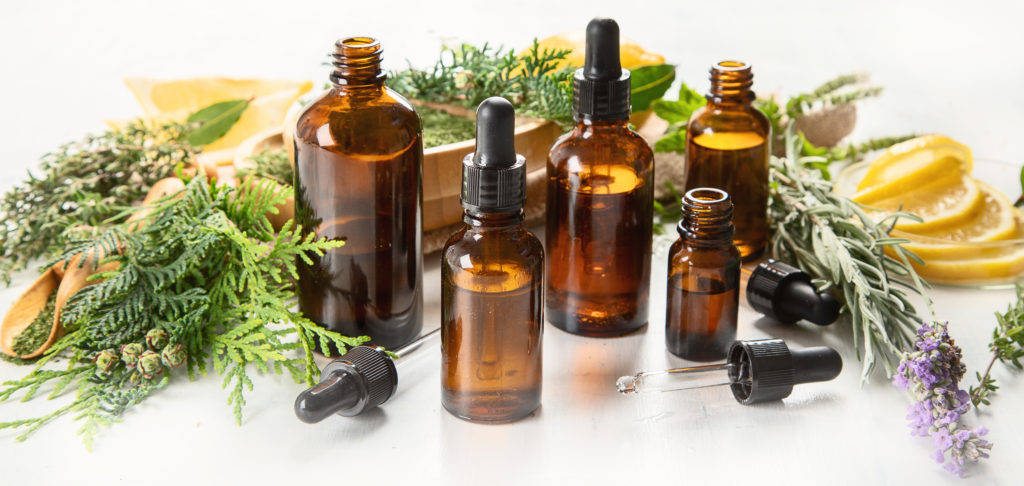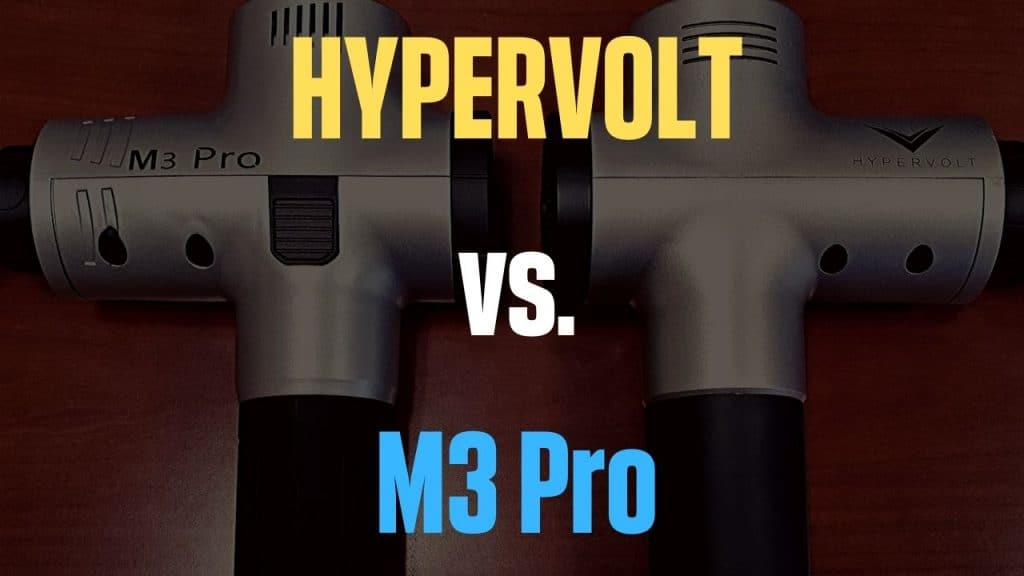It’s pretty common to feel pain after a deep tissue massage. It’s perfectly normal to have a few sore and stiff muscles and to feel a bit bruised the day after indulging in this type of massage.
But why do you feel pain after deep tissue massage – and what to do about it? Our guide offers a good explanation for both of these questions.
Why You Feel Pain After Deep Tissue Massage
Massages usually don’t involve a lot of physical activity on your part; they are mostly soothing and very relaxing. But these sessions can occasionally have the same impact on your body as a light workout.
When you get a massage from a massage therapist or use a massage gun at home, deep pressure is applied to targeted muscles and tissues. Methods like cross-fiber friction, trigger point therapy and myofascial release are very common in deep tissue massage.
When the knots in your muscles are targeted and soothed, it usually results in plenty of microtears in the muscle tissues. Stretching, kneading, rubbing and moving a tight muscle has a very similar effect on your body as a light workout. This can result in similar symptoms such as swelling, stiffness and pain.
Dehydration can also be a cause of muscle soreness after a massage. If your muscles are not properly hydrated before and after a massage, they are not as pliable. This increases the strain on muscles when the massage is ongoing, and can also make your muscles feel a bit sore the next day.
Some massaging techniques – such as deep pressure massage – can also bruise some of the tissues surrounding muscles, which can make targeted areas look and feel a bit bruised and sensitive.
What to Do When You Feel Pain After a Massage
There are quite a few methods and techniques that can soothe painful muscles after an intense massage. Here is a quick look at some of the best methods to try if you want to reduce muscle and body tenderness after getting a deep tissue massage.

Stay Hydrated
Drink lots of water before and after getting your massage. Water assists in flushing away toxins and acids that can loosen when you get a massage. It’s also best to avoid beverages like alcohol, sugar and caffeinated drinks that can have a dehydrating effect on the body.
Stretch
Do a couple of gentle stretches every hour or so after getting your massage. These gentle stretches can help reduce muscle tension and enhance flexibility. A good stretch also improves blood circulation, which can help your sore muscles heal much quicker.
Try Heat Therapy
Heat therapy with warm water can soothe the pain in muscles because it softens up your muscles and makes them more pliable. Try a hot shower, a sauna or a hot soak in the tub if you feel sore. An Epsom salt soak in a hot bath for 30 minutes is one of the best treatments for stiff and sore muscles.
If you don’t have the time for a hot bath, you can also use a heating pad or rice bag on areas of your body that might feel stiff and sore.
Essential Oils
Essential oils like lavender have a calming effect on the body and mind and can also help release some muscle tension. Add essential oils to your tub or add it to a nearby diffuser.

Apply a Topical Treatment
Apply a muscle relaxing or anti-inflammatory ointment to the affected areas; rub these topical treatments deep into your skin while you give yourself a mini-massage. These products can reduce stiffness and inflammation, which can make your muscles feel better.
Try Herbal Supplements
Herbs like turmeric, cloves, black pepper, ginger, cinnamon, garlic and cayenne can stimulate muscle relaxation. You can add these herbs to your meals, consume them in capsule form or add them to your tea in order to speed up your recovery.
Rest
Passive recovery is one of the best techniques for dealing with pain following a massage. A bit of rest after your massage can reduce the chances of getting sore muscles. Put up your feet and take some time to read a book while you sip herbal tea, or take a nap so your body can rest and heal itself.
FAQs About Deep Tissue Massage
Most people who are new to deep tissue massages have plenty of questions regarding these therapies. Here’s a quick look at some of the most common questions people ask regarding the pains and aches that sometimes follow an intense massager.
What Happens During a Deep Tissue Massage?
Massage therapists apply varying deep pressure techniques to muscles all over your body. They usually pay more attention to muscles that are stressed and rigid, and often perform acupressure on certain areas to remove knots in muscles.
When Should I Contact a Doctor?
In some cases, deep tissue massages can have lingering effects, but pain and stiffness should clear up after a day or two and shouldn’t impact your ability to move naturally. You can seek medical attention if an injury occurs during treatment or if you feel a sharp pain in your muscles after a massage.
Bottom Line
Feeling pain after deep tissue massage and what to do when you experience it can seem like a daunting concept. Rest assured that it’s perfectly normal to feel pain after deep tissue massages and, fortunately, there are many different ways to relieve the pain and after-effects of these intensive massages.


